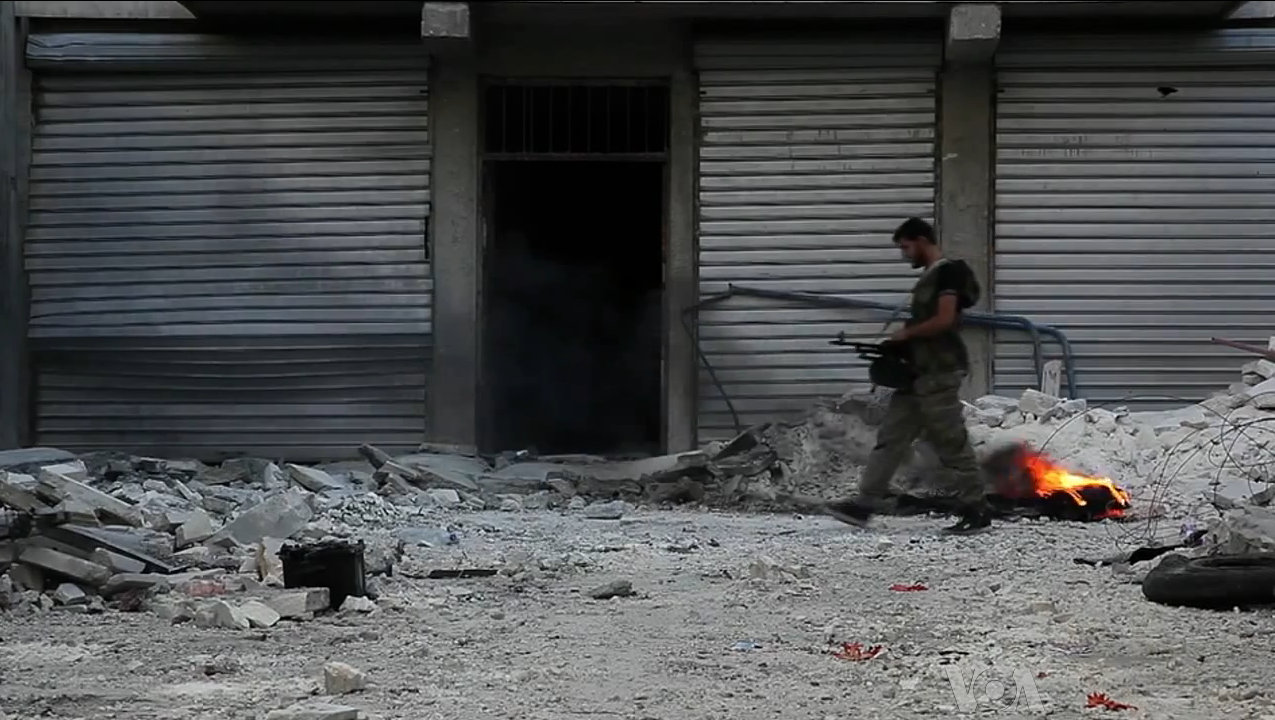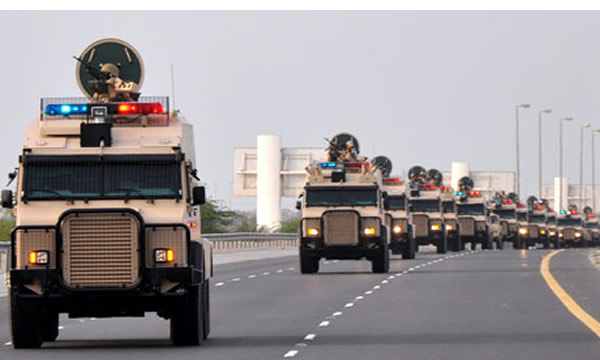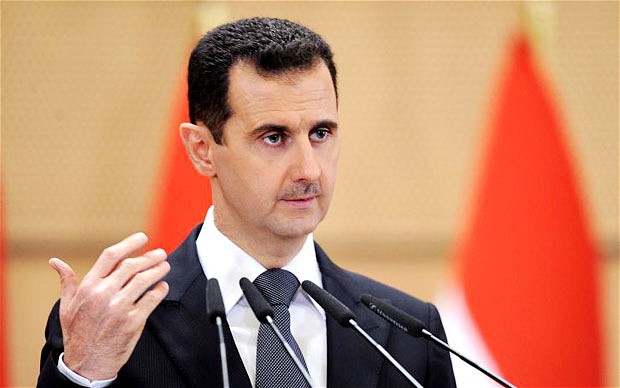A little over a year ago Barack Obama made an impromptu appearance at one of Jay Carney’s White House press briefings and delivered a speech to the large crowd of journalists. He said that the US is committed to a firm policy decision. He warned Syrian president Bashar al-Assad that the use of chemical weapons would be the “Red Line” and al-Assad will be punished if he crosses that line. Over the last two years allegations and evidence that the Assad regime used chemical weapons against its population have mounted. The recent death of hundreds of civilians on the outskirts of Damascus by chemical weapons has reinvigorated the debate whether al-Assad crossed the red line.
The use of chemical weapons is banned by international convention. Though Syria is not a signatory of the Chemical Weapons Convention, which bans production and stockpiling of chemical weapons, it is party to the 1925 Geneva Protocol, which prohibits chemical weapon use during wartime. It is the duty of the international community to ensure that the rules of warfare are enforced so that they retain credibility and relevance. The atrocities the Assad regime has committed against its own people are so devastating that an international response is mandatory.
International attitudes and plans for coordinated military intervention are quickly changing. Last week, UK Prime Minister David Cameron was defeated in the Commons on the issue of military action against the Syrian regime. Shaken, President Barack Obama signaled a partial US retreat when he announced on August 31 that he would consult Congress before any attack on Syria is launched. He also clarified the role the US was prepared to take when he promised the American people, “We would not put boots on the ground. Instead, our action would be designed to be limited in duration and scope.” The dominos continued to fall as France, one of the most ardent critics of the Syrian regime, admitted that it could not act alone and would await the response of Congress. Finally, Germany’s Chancellor Angela Merkel stated that Germany would not participate in a military intervention, citing the need for an international mandate, namely a Security Council resolution.
And yet, the international calendar provides several occasions for world leaders to form a coordinated strategy. This week, 20 of the world’s leaders will meet for a global summit in Russia. On September 17 the UN General Assembly will convene. Both present diplomatic opportunities for the US and France to build international support for a military strike against Syria. Meanwhile, Canada’s conservative government, however, is subtly backing away from any meaningful role.
On August 26, Canadian Foreign Affairs Minister, John Baird, addressed a press conference and stated, “Canada is incredibly outraged by the use of chemical weapons in Syria” and insisted, “Such an attack demands a firm response from the international community.” He condemned in the “strongest terms” a sniper attack on a UN convoy sent to investigate the attack. In higher-level diplomacy, Canadian Prime Minister Stephen Harper had spoken with Prime Minister Cameron and agreed that the international community must respond appropriately.
Yet, Canada’s policy is antithetical to its tough rhetoric. Baird insists that “the only way to halt the bloodshed in Syria is through a political solution” and repeated the much exhausted statement that Canada needs to “discover the facts” before making a policy change. After a meeting with George Sabra, president of the Syrian National Council, Baird stressed that Canada has neither a strong military presence in the region nor the military capacity to intervene unilaterally. After larger international players weighed in, Canada signaled its stance. On August 29, Baird announced that Canada is not planning a military intervention in Syria. In its place it voiced its support of the US resolve to act and promised to remain in close contact with its allies.
International security concerns are too large for the international community to hope that the al-Assad regime can still be forced from power or ignore that military intervention could be a precondition for negotiations. Should the Assad regime secure greater and firmer control of Syrian territory while the West wrestles with policy choices, its position at the negotiating table could be more favorable than the opposition. Given that the regime relies on its current alliance with Iranian militias and Russian military support to stay afloat, its continued governance would result in an increased influence of Iran in the region. Ultimately, the Syrian crisis requires nations to either take the lead or provide substantive support. Canada is poised to offer neither. With so much at stake, however, the international community must not stretch the “red line” further.




